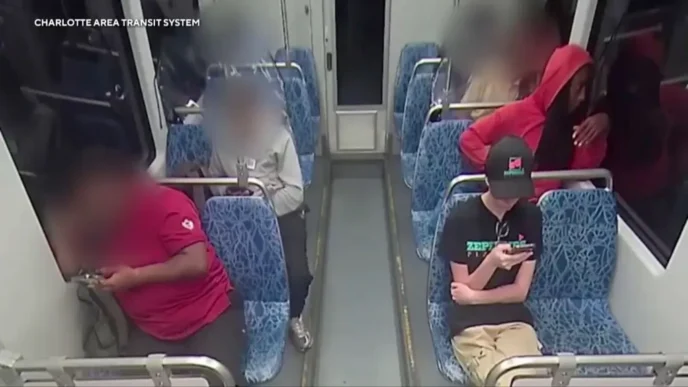A federal judge has determined there is probable cause to hold the Trump administration in criminal contempt of court for allegedly violating orders to reverse planes carrying deportees to El Salvador. U.S. District Judge James E. Boasberg stated that the administration must attempt to rectify the contempt finding, or he will initiate hearings and potentially refer the issue for prosecution.
The decision from Judge Boasberg represents an escalation in the ongoing conflict between the judicial and executive branches regarding presidential powers and the enforcement of White House priorities. President Donald Trump has criticized the judge, calling for his impeachment, while the Justice Department has accused Boasberg of exceeding his judicial authority. Boasberg, appointed to the federal bench by former President Barack Obama, previously ordered the administration to halt deportations under the Alien Enemies Act. The law was invoked by Trump in response to claims of an invasion by the Venezuelan gang, Tren de Aragua.
Despite Boasberg’s order, aircraft carrying deportees were already en route to El Salvador, which had agreed to detain the deported individuals in a notorious prison. The judge instructed that these planes be returned to the United States. However, shortly after, El Salvador’s President, Nayib Bukele, announced on social media that the deportees had arrived in his country, commenting “Oopsie…too late” alongside an article about Boasberg’s order.
The Trump administration contends that no orders were violated, highlighting that the turnaround directive was not documented in the judge’s written order and asserting that the aircraft had already departed the United States by the time the directive was issued.
The Evolving Landscape
This judicial action could have broader implications for the balance of power between the branches of the U.S. government. The situation raises questions about the limits of presidential authority, particularly concerning immigration policy and the enforcement of deportation orders. The outcome of this legal conflict might influence future interactions between the executive branch and the judiciary.
For communities in the United States, this development could affect local populations with connections to the deportees, potentially impacting families and community structures. Additionally, the decision could influence public opinion on immigration policies and the administration’s actions, affecting social and political dynamics within the country.












